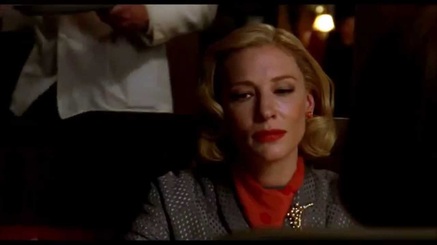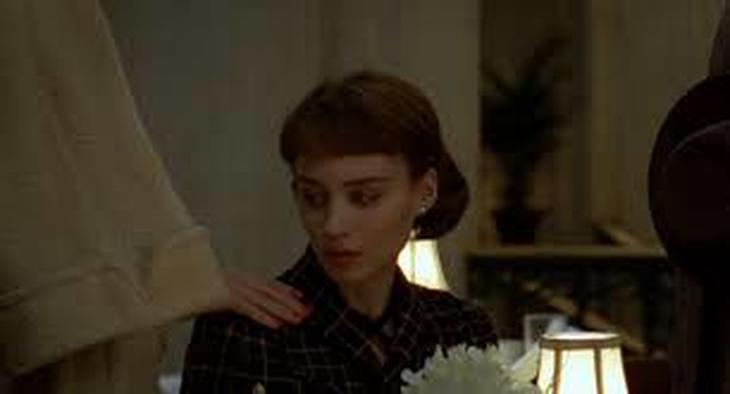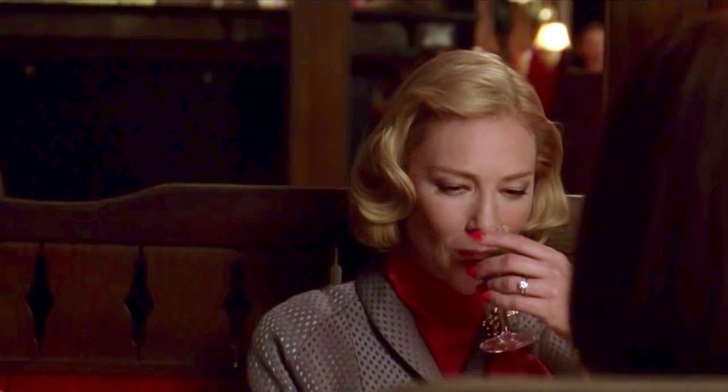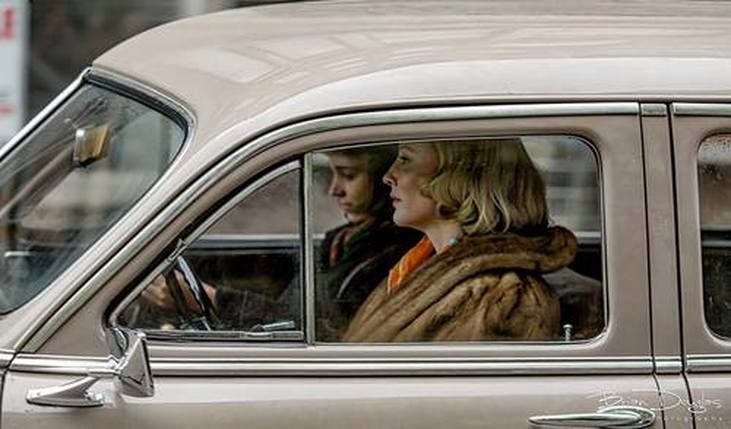 Todd Haynes' Carol is an impeccably crafted piece of filmmaking which follows two women, each from very different backgrounds, who find themselves in a love affair in 1950s New York. Therese, a 20-something clerk, is a character who feels like something is missing in her life, unfulfilled by the host of relationships she has dabbled in. When she meets Carol, a significantly older woman trapped in a loveless marriage, there is an unquestionable attraction, which sends these two characters down a path of forbidden romance. Todd Haynes has delivered another gem with Carol, a film that beautifully understands its characters and their underlying emotions, something Haynes is capable of expressing through this visual medium in a way that is poignant and nuanced. The sense of longing which Haynes is able to create early on is impressive, with the film carrying an atmospheric tension centered around these two characters, each unable to truly be themselves in a world that forbids it. Haynes use of composition is probably my favorite aspect of the entire film, whether it be the way he blurs the image or selectively obstructs the characters, each technique visually expressing the characters inner emotions to the viewer. What I'd like to call isolation framing is a major aspect of what Haynes creates here, where he routinely focuses solely on one character in a conversation/interaction between two, a visual way of capturing the isolation these characters feel, the suppressed emotions that they experience, which makes them unable to truly connect with the other individual in the conversation. The performances in Carol are another stellar aspect, with both Cate Blanchett and Rooney Mara embodying their respective characters with nuanced performances. The subtle character traits, which both of these actors bring to their characters is truly exceptional, as simple gestures perfectly en-capture the psyche of their respective characters with great resolve. The story perfectly balances these characters extremely well, and I found it to be an interesting decision that much of their relationship is told from the point-of-view of the younger Therese, a character who is just recently becoming to realize her feelings and sexual orientation. Carol is far from a political film, and really doesn't seem interested in discussing the merits of homosexuality or the oppression of it, rather it simply presents the world these characters lived in at the time, focusing much of its energy on crafting an emotionally resonant story of love and connection, capturing how love transcends gender, which I think is the filmmakers whole point. Another interesting aspect of Carol is the air of misogyny and masculine oppression that engulfs the entire film, as both of these characters repeatedly find themselves having to explain themselves to the dominate, male presence in their lives. This aspect of the film is never overstated, and Haynes never lets it become the primary focus of this beautiful love story, but the oppressive nature of masculinity does feel like a dark cloud hanging over these two characters and their story. A compelling and passionate examination of love and connection, Todd Haynes Carol features nuanced and artistic direction accompanied by two exceptional performances, making it one of the better films to come out this year.
0 Comments
Leave a Reply. |
AuthorLove of all things cinema brought me here. Archives
June 2023
|



 RSS Feed
RSS Feed
